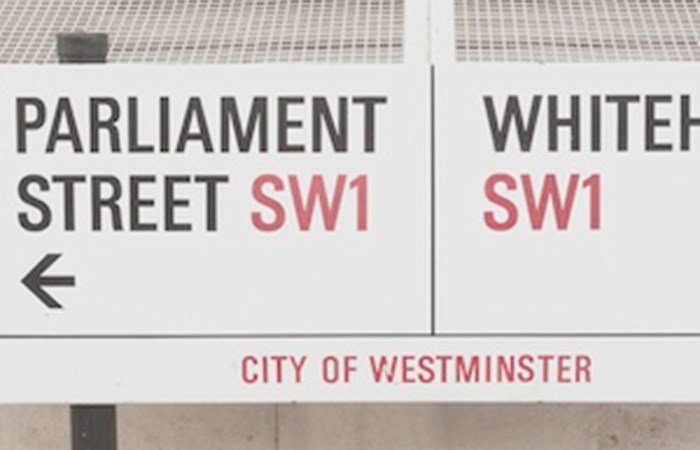Ofsted

Three quarters of the schools visited for the survey were not implementing their duty to provide impartial careers advice effectively. The survey also finds that guidance for schools on careers advice is not explicit, the National Careers Service is not promoted well enough and there is a lack of employer engagement in schools.
The report examines the quality of careers advice since September 2012 when schools were given the legal responsibility to provide this service to students aged 14 to 16. The survey looked at the extent to which young people in this age-range, in the 60 schools that inspectors visited, were receiving impartial careers advice in order to make informed decisions about their future.
Very few of the schools visited knew how to provide a service effectively or had the skills and expertise needed to provide a comprehensive service. Few schools had bought in adequate service from external sources.
The report findings show schools were not working well enough with employers to provide students with direct experience of the world of work in order to help broaden their minds about realistic employment opportunities in their local area.
Vocational training and apprenticeships were rarely promoted effectively, especially in schools with sixth forms. Instead, the A-Level route remained the gold-standard for young people, their parents and teachers.
Few schools were promoting the National Careers Service, the body responsible for providing independent and impartial careers advice to young people from the age of 13. Its telephone service and website were also rarely promoted and therefore significantly underused. Nearly all of the students interviewed who were aware of the website, told inspectors that it offered nothing different from other similar sites and the large majority felt it was mostly aimed towards older students and adults.
Her Majestys Chief Inspector, Sir Michael Wilshaw said:
It is vitally important that young people have access to information on the full range of career pathways available so they can make informed choices about their next steps. Our findings show that too few schools are doing enough to ensure all their students receive comprehensive advice about the breadth of career opportunities available to them.
It is worrying that the new arrangements are failing to provide good guidance or to promote vocational training options and apprenticeships. Given the high levels of youth unemployment, even amongst graduates, it is important the government, schools, local authorities and other agencies all work to improve the quality of careers advice in schools.
The report makes a number of recommendations to the government, schools, local authorities, the National Careers Service as well as for Ofsted itself.
It recommends:
- the government provide more explicit guidance to schools on careers advice
- the government monitor students progress and achievement when they leave school through accurate collection of destination data to give a better understanding of a young persons journey to employment
- the National Careers Service markets its services more effectively to all young people aged 13 to 18 and does more to disseminate information on national skills shortages so that young people gain a greater understanding of where there are likely to be greater employment opportunities
- Ofsted also recommends that its own inspectors take greater account of careers guidance and students destinations when conducting future school inspections
Notes to editors
-
Read the full report.
-
For more information on the responsibility of schools to provide impartial careers advice since September 2012 (a responsibility they took over from Local Authorities) please go to the Department for Education website.
Media enquiries
Aviation House
125 Kingsway
London
WC2B 6SE
Email pressenquiries@ofsted.gov.uk
8.30am to 6.00pm Monday to Friday 0300 013 0415
Out of hours duty press officer 07919 057 359
